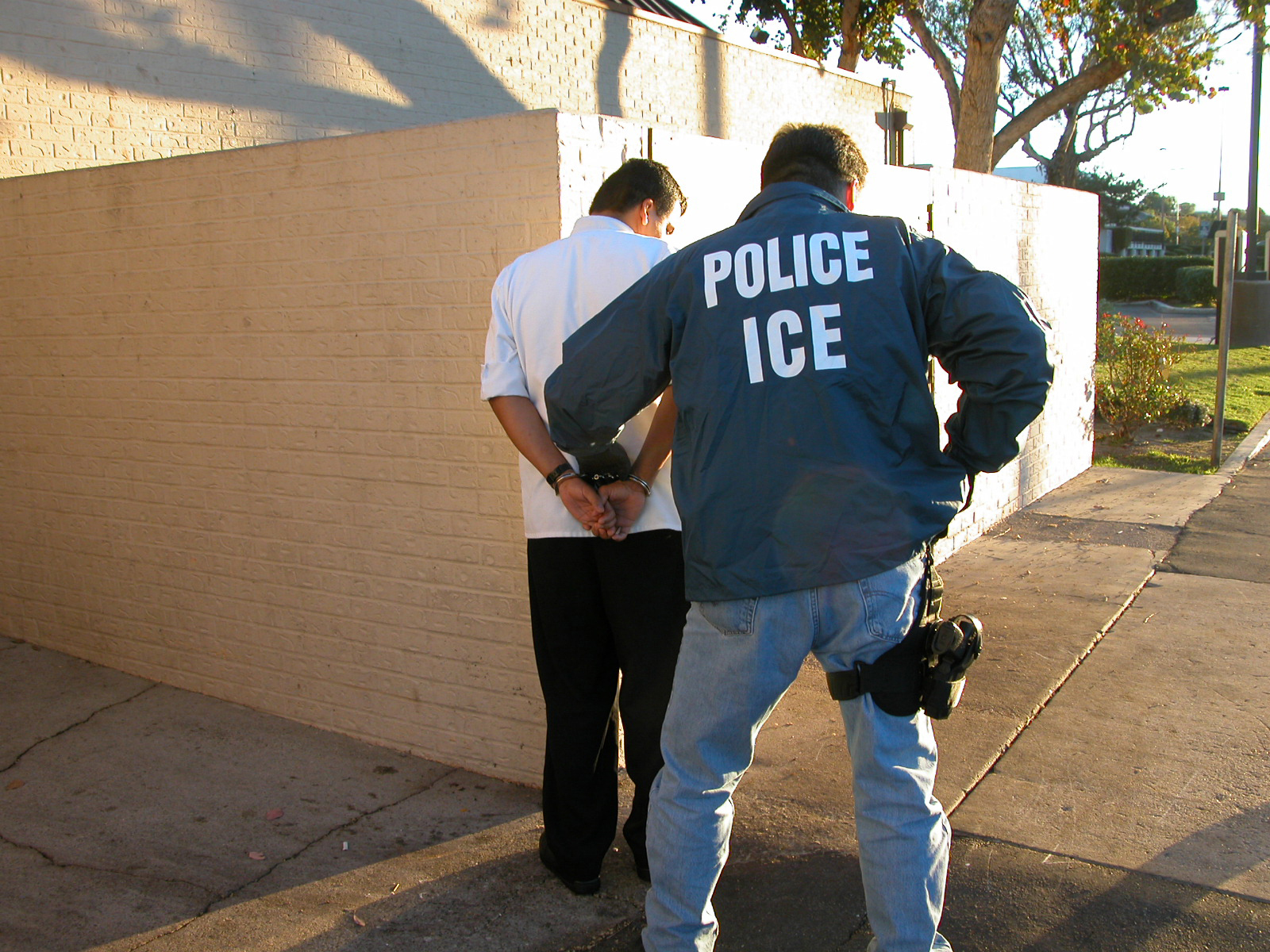The drug war has increasingly become a war against migrant communities. It fuels racial profiling, border militarization, violence against immigrants, intrusive government surveillance and, especially, widespread detentions and deportations.
Media and politicians have tried to convince us that everyone who gets deported is a violent criminal, a terrorist or a drug kingpin. But a newly released, first-of-its-kind report shatters that notion, showing instead that the majority (some two-thirds) of those deported last year were guilty of minor, nonviolent offenses – including thousands deported for nothing more than possessing small quantities of drugs, typically marijuana.
The report, an analysis of federal immigration data conducted by the Transactional Records Access Clearinghouse at Syracuse University, details how roughly 40,000 people have been deported for drug law violations every year since 2008. That means that nearly 250,000 – one-quarter of a million – people were deported for nonviolent drugoffenses in just the past six years. A nonviolent drug offense was the cause of deportation for more than one in ten (11% of) people deported in 2013 for any reason – and nearly one in five (19%) of those who were deported because of a criminal conviction.
Much as the drug war drives mass incarceration, it also appears to be a major driver of mass deportation. Indeed, the report reveals that simple marijuana possession was the fourth most common cause of deportation for any crime, and the most common cause of deportation for crimes involving drugs. On average, more than 6,600 people were deported in each of the last two years just for personal marijuana possession, and overall, nearly 20,000 people were deported last year for simple possession of any drug or drug paraphernalia.
By contrast, relatively few of those deported were drug traffickers, let alone violent ones. “Convictions for drugtrafficking accounted for only one percent of deportees recorded as convicted of a crime,” the report’s authors note, “while marijuana possession was more than three times that level.”
What becomes of the people who are deported? The sad, simple truth is that they will first likely be disappeared within the (increasingly for-profit) U.S. prison and detention system; then sent back to their countries of origin, where they may no longer have any ties to family or community, may lack basic survival needs like food, housing and health services and may face serious threats to their security. Those who are removed from the country are usually barred from reentry, often for life – no matter if they have family members who are U.S. citizens or decades-long ties to their communities of residence here in the states.
The result, then, is thousands of families broken and communities torn apart every single year.
Because of these grave consequences, advocates for drug policy reform and defenders of migrants’ rights have begun to team up to demand humane reforms to both drug and immigration policies. Central to our demands is that no one be arrested, incarcerated or deported for merely using or possessing drugs – which necessarily entails two major drug law reforms: (1) legalize and regulate marijuana, and (2) stop arresting and criminalizing people for using or possessing everything else.
These commonsense reforms are hardly controversial: recent polls indicate that substantial majorities nationwide seem to favor both proposals. Yet, though modest, they would have a huge impact: sparing tens of thousands of people from deportation every year, while saving tens of thousands more from the anguish of an arrest, conviction, jail or prison sentence, and criminal record; and saving millions of dollars in currently wasted criminal justice resources.
Such steps are critical for dismantling the war on drugs and ending the war on immigrants – a fight that is, in many ways, one and the same.
***
Daniel Robelo is research coordinator at the Drug Policy Alliance (www.drugpolicy.org) This piece first appeared on the Drug Policy Alliance Blog./em>



